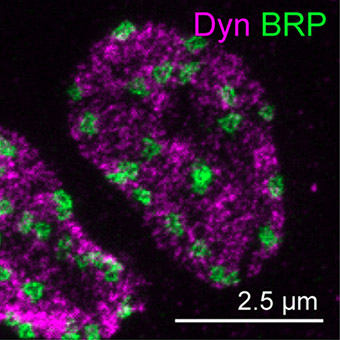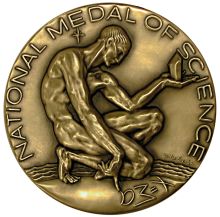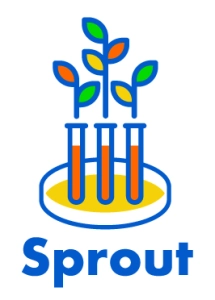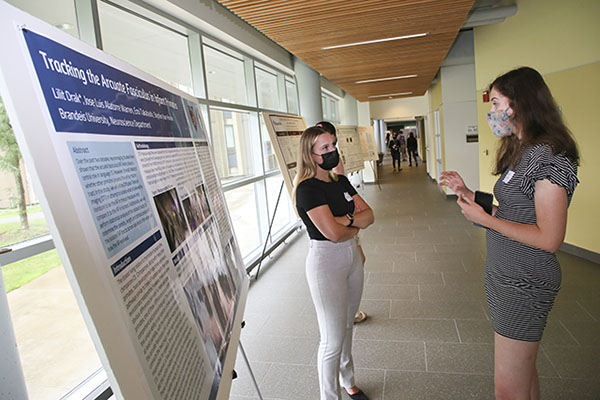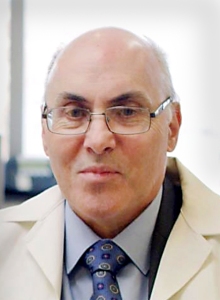The 3rd annual Brandeis 3MT (Three Minute Thesis) competition is fast approaching!
The 3MT is a spoken word competition designed to showcase graduate student research in three minutes using only one slide with the idea of appealing to a general audience. This competition is open to all graduate students who are working on a thesis/dissertation for the sciences, social sciences, and humanities/arts. Winners can win up to $1000! Learn more about the Brandeis 3MT competition.
The Preliminary 3MT competition will occur on Wednesday, March 27. The Finals are scheduled for Friday, April 5 from 4:00 to 5:30 PM. There is also a remote competition for Brandeis graduate students who live outside of Massachusetts on Tuesday, April 2.
You can learn more details about the competition during a virtual information session. Details about the info session are available here:
3MT Information Session
Wednesday, Jan 24, 2024, 12 -1 pm
Register to get Zoom link
In the past, Brandeis has had a very strong showing at the 3MT competitions. Liz Mahon, a PhD student in Psychology, received the top prize at the 2023 3MT Competition at Brandeis with her presentation “Armed Against Alzheimer’s: How Your Voice Could Save Your Mind”. She also won first place at the Northeastern Association of Graduate Schools (NAGS) Regional 3MT Competition and went on to compete nationally at the Council of Graduate Schools (CGS) 3MT Competition in Washington DC.



